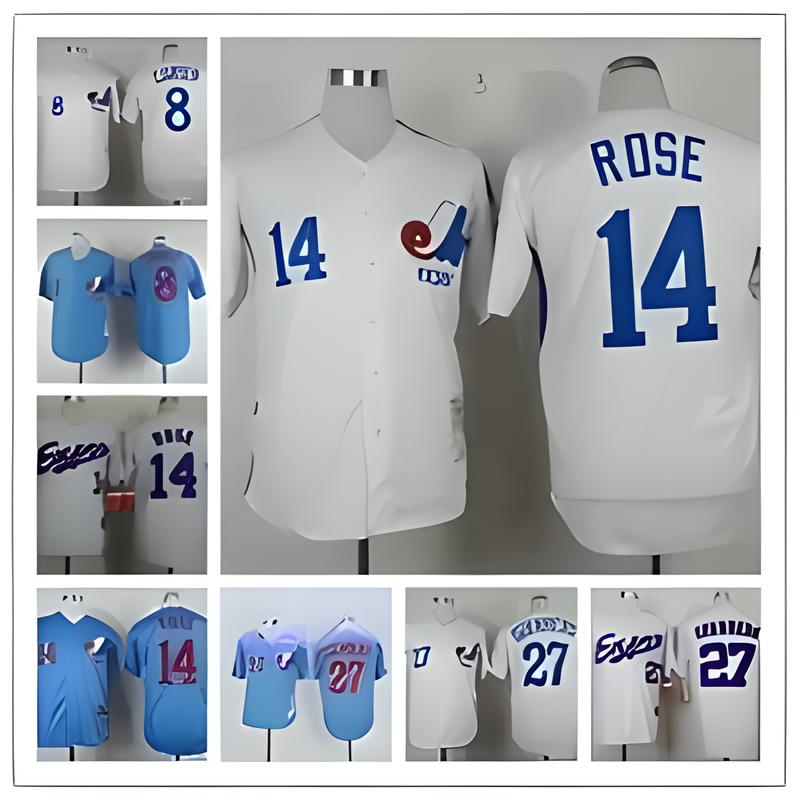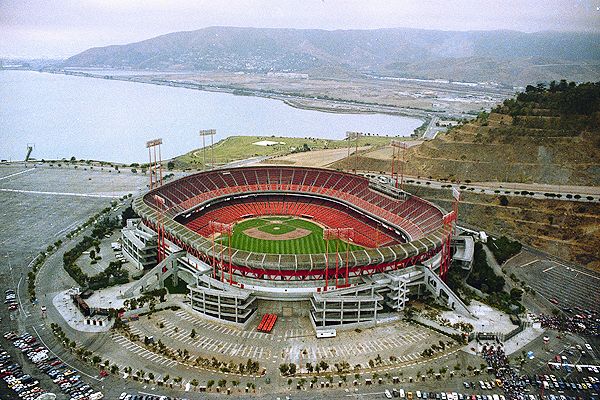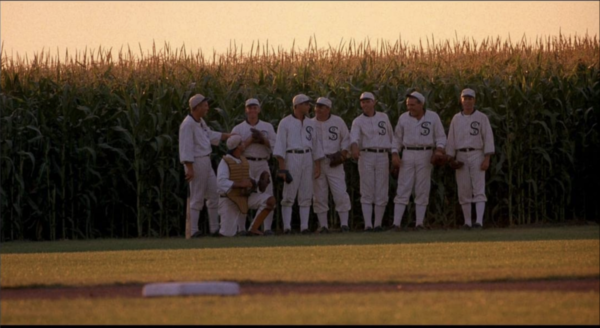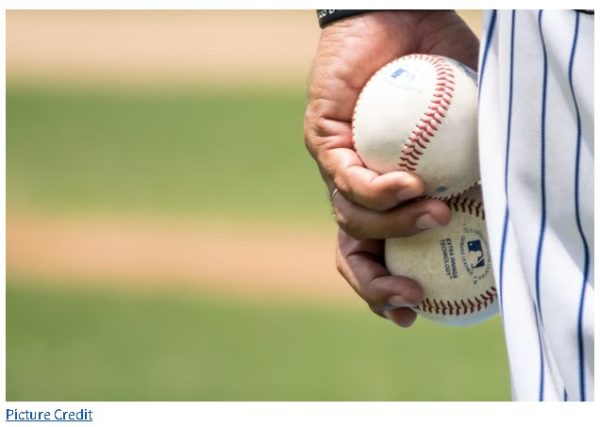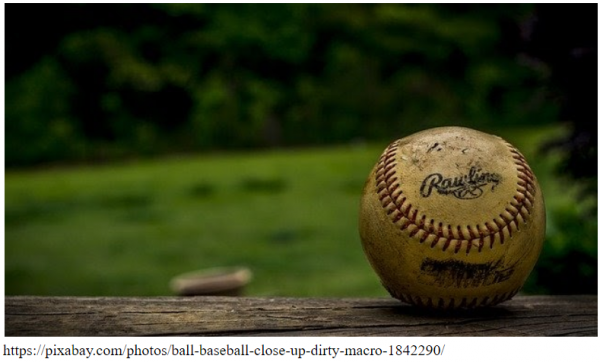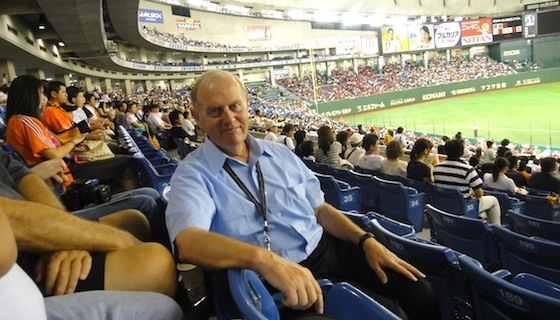
The newspaper article had seventeen errors. Seventeen. Factual errors, not typos. Wayne Graczyk counted them. And he remembers each one because those errors led to the job he has today.
In 1975 Graczyk, who hails from New Jersey, was attending Sophia University in Tokyo. While reading The Japan Times, an English-language newspaper, he noticed glaring errors in a recap of the previous night’s baseball games. The report, among other things, referred to the Lotte Orions as the Lotte Lions, identified a stadium incorrectly, and said a team scored five runs in the 2nd inning when it was actually in the 4th.
Shocked by the mistakes, Graczyk (pronounced GRAH-sick) re-wrote the article, correcting the factual errors, and mailed it to the editors of The Japan Times.
“By that time I had learned enough Japanese to know the names of the baseball teams and the ballparks,” Graczyk says, so he felt confident about sending the letter.
The editors responded by inviting him to the office so they could apologize in person. During the meeting Graczyk expressed a desire to write a column about baseball, offering non-Japanese readers a description of stadium food and advice on how to buy tickets to games. The editors hired him, and Graczyk began writing Baseball Bullet-In, a column he still writes.
A year later, in 1976, Graczyk approached theTokyo Weekender newspaper with a story idea, which led to more columns. After graduating from Sophia University in 1977, Graczyk became the publication’s sports editor, a position he held for 27 years, until the company went bankrupt in 2004.
Adding to his media credentials, Graczyk broke into the world of television with Fuji TV in 1978. It was the beginning of the second audio program in Japan, allowing non-Japanese viewers to listen to certain shows in English on a separate audio channel. Fuji TV was broadcasting a tape delay of the World Series between the New York Yankees and the Los Angeles Dodgers, editing the games into two-hour programs, and Graczyk introduced each segment.
That led to working televised games for Nippon Television when Major League teams toured Japan, including the Cincinnati Reds in 1978, a group of All-Stars in 1979, and the Kansas City Royals in 1981. NTV began broadcasting a handful of Yomiuri Giants home games in 1982, naming Graczyk the play-by-play announcer on the English side. Graczyk did this for eleven seasons, until Japan’s bubble burst (the first time) and the English-speaking staff was cut from the budget.
However, Graczyk found another role at NTV. Before each Giants home game, he interviews foreign players for both teams and meets with the Japanese TV and radio announcers to discuss the players’ comments.
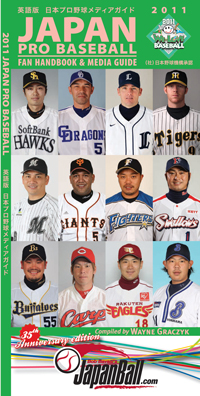
Graczyk spends his baseball offseason assembling the English version of the Nippon Professional Baseball media guide, an annual endeavor that has brought Japanese baseball to non-Japanese fans for 35 years. The guide is a comprehensive look at the twelve teams that comprise NPB, complete with team schedules, rosters, player bios, and stadium information. Graczyk also includes a section that showcases foreign players in Japan. He’s a one-man band on this project, writing, researching, selling ads, and typing the data. The only thing he doesn’t do is input the kanji (Chinese characters), which he leaves to a Japanese graphic designer to handle.
Every September Graczyk participates in JapanBall, a tour run by Bob Bavasi that takes groups from other countries to Japanese baseball games. Graczyk arranges the tickets for the groups and joins them for a couple of games. Next month he’s hosting a JapanBall group at Tokyo Dome as the Mariners and the A’s start the MLB season.
With his weekly column and television duties, Graczyk has been involved in Japanese sports media for 37 years. He calls his jobs “a series of lucky breaks,” and his story seems implausible considering that Japan was the last place he thought he’d live.
Graczyk first encountered Japanese baseball as a teenager in 1962, when he read a Baseball Digest article called “I’m Big in Tokyo” by Joe Stanka, an American pitcher who played for the Nankai Hawks and the Taiyo Whales from 1960 until 1966 and won league MVP and the Japan Series MVP in 1964. Graczyk was particularly fascinated by Stanka’s descriptions of the food Japanese fans ate at the ballparks and the fact that foul balls caught by fans in the stands had to be returned.
Eight years after reading that article, Graczyk found himself in Fukuoka, Japan, as a member of the US Air Force, but it wasn’t love at first sight.
“Nothing against Japan, but I didn’t want to go overseas,” he says. “I wanted to stay in the US.”
He knew nothing of the language, save for “sayonara” (good bye). “I don’t think I even knew how to count,” says Graczyk, but “a lot of my relatives said, ‘Oh, you’ll like it there; they have baseball.’”
Once Graczyk ventured off the military base and “got involved in teaching English and going to baseball games and having dates with Japanese girls, I came to like Japan a lot. And here I am, 42 years later,” he says. Except for a six-month period spent in the States while awaiting his student visa to attend Sophia University, Graczyk, who originally had no desire to go to Japan, has called Japan home since 1970.
Once he realized he was in Japan to stay, Graczyk expanded his Japanese vocabulary by taking language classes on base in Fukuoka through a program offered by the University of Maryland. He also studied Japanese at Sophia University, but his best lessons were at home. Graczyk married a Fukuoka native, and her mother, who spoke no English, lived with them for 25 years.
Although Graczyk has been entrenched in Japanese baseball for almost four decades, he remains an avid fan of MLB and NFL, following his “local” teams, the Mets and the Jets. In fact, we scheduled our interview so that we would finish by the time Monday Night Football started, which in Tokyo was at 10:30 a.m. on Tuesday. For Graczyk, who has lived in Tokyo almost twice as long as in his native New Jersey, that schedule seemed perfectly normal.


